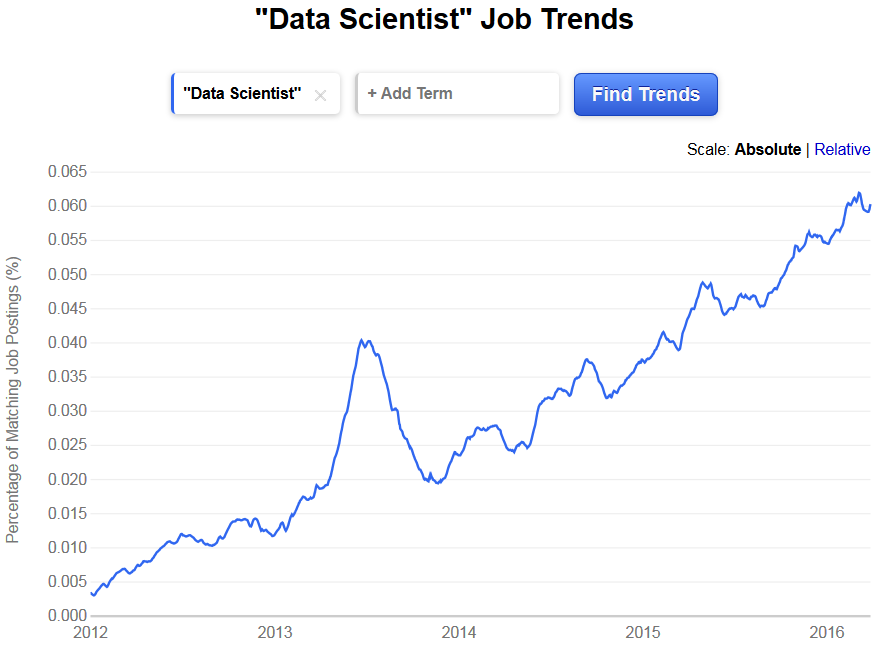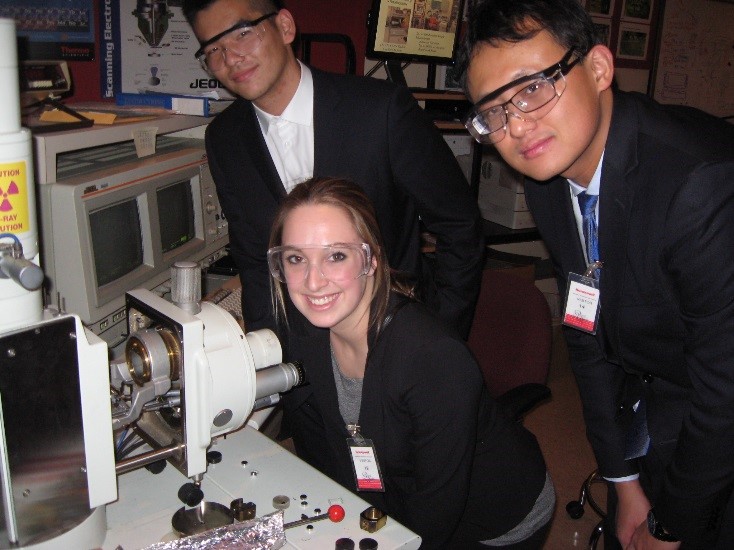Dr. Joseph Barber, Associate Director
One of the common challenges faced by PhD students and postdocs is being able to make certain and confident career decisions that are different from those supported or promoted by their thesis advisors. Given the many career paths taken by PhDs, and the many career fields that value some of the skills, experiences, and knowledge provided by a PhD, it can be challenging to gain a clear enough perspective on which path (or paths) might be the best to pursue. The good news for PhD students and postdocs, is that your academic training gives you the ability to solve some of these issues by yourself without having to rely on your advisor. Indeed, your advisor has given you the some of the skills you need to come up with a solution – your ability to do research! All you have to do is apply these research skills to a field beyond your thesis topic. Here are some common career-related questions that a little bit of in-person and online research can help you answer:
What do people with a PhD in my field do if they are not a postdoc or faculty member?
Ask your administrative department coordinator if they maintain a list of alumni from your research group or department and review their current positions. Ask more senior PhD students or postdocs where they have seen people going after graduation or when their postdoc finishes.
Use QuakerNet to search for alums by degree, field, location, and so on.
Get a LinkedIn account (don’t worry, it is just a tool, not a lifestyle change), and under the “my network” header on every page select the “find alumni” tool. You can use this interactive table to search by “what they studied” (click on the arrow on the right hand side of the first 3 columns to get to this one), and then you can use the overall search box at the top of the table (next to the number of results) to do a broad keyword search using “PhD” or “Ph.D.”. You can use the “find alumni” tool for any university, even if you didn’t attend it. If you were going to be relocating to the West Coast from the Philadelphia area, for example, you can look at where PhDs in your field from West Coast institutions find employment, as you may come across location-specific organizations you didn’t know.
What skills are needed to be an X (where X is any position you can imagine)?
1. Use the same alumni networks described above to find people in the position that you think you might want and have an informational interview with them (i.e., ask them about their job, how they got there, what skills they find most helpful, what challenges they tend to face on a day-to-day basis, what advice they might give people considering their career field, and if they can suggest anyone they know that you might chat with).
2. Use the title of the job and any associated keywords to search online job boards (e.g., Indeed.com; USAjobs.gov; idealist.org; higheredjobs.com; LinkedIn). Keep track of which companies have the position (an Excel spreadsheet works well), and pay attention to the list of skills and requirements associated with the position. Assess which of these skills you have, and which you can develop using some of the campus resources still available to you. Since it can sometimes feel hard to self-assess your own skills, work with a career advisor to get a more objective (and you’ll find, more optimistic) perspective.
3. Look at people’s profiles on LinkedIn who are doing this job and scroll down to see the list of their endorsed skills.
What can I do with skill X (where skill X is something that you might have developed through your thesis research – e.g., ethnography, data visualization, surveys, archival research)?
1. Use the skill as a keyword as you search job boards, and see what types of jobs pop up. This won’t be helpful if you are searching for a broad skills (e.g., teaching, research), but can also be helpful if you have a particular subject/knowledge expertise.
2. Go back to the “find alumni” tool on LinkedIn and look at the “What they’re skilled at” column. Type in your skill and then look at the companies and roles in which people who say they have this skill are employed. People who say they are skilled at ethnography can be found at Google and Mattel, just as an example.
What is the job market like for job X?
In addition to asking contacts you make in any career field this question, you can also get a decent visualization of trends by using the trend function on Indeed.com. For example, throw in the word “assistant professor” into the search bar (include the “”), and you will see the cyclical nature of hiring for this position. Look for “data science”, and you will see how this position has been trending upwards in its prevalence. You can even search for specific skills that might be mentioned within the job descriptions (e.g., python, GIS) to see if these are skills you might need to gain.

How can I find a good contact at employer X?
No matter what career field you are interested in, chances are high that you know someone who knows someone in this career field who might be a useful contact. However, this person who happens to know a good contact is unlikely to dramatically wake up from a deep sleep in the middle of the night and exclaim out loud to their now no longer sleeping partner, “My gosh…, I should let them know that I know a senior scientist at Merck who might be a great contact in their search for industry positions!”. One of the reasons that they don’t tend to wake up like this is probably because you haven’t actually told then you are seeking a contact in the biotech industry. Even if you have mentioned it in passing once, they are probably incredibly busy working on their own life that they might have forgotten.
Let’s call this person who doesn’t wake up in the middle of the night, and doesn’t start gibbering about biotech and pharma researchers at Merck, and doesn’t then reach out to you with a great contact, Maggie. It is very possible for Maggie to know someone at Merck without knowing that she knows someone at Merck. After all, the person she knows might not have been at Merck when she first met them. Perhaps they were at GSK, but have recently taken a new job at Merck where they are leading a new research group and looking to bring new people on board (people, as it turns out, like you!). Maggie doesn’t know any of this. However, if you are linked with Maggie on LinkedIn, then you stand a much greater chance of finding this out. If you were to search for Merck using company search bar on LinkedIn, then on the employer page you will see in the top right hand corner of the page the number of 1st and 2nd degree contacts. Click on any of these 2nd degree connections (people you don’t know, but who know people you do know) and scroll done their profile to see who you know who knows them. When you find out that Maggie knows someone at Merck (which is news to Maggie), there are many ways she can actually help you:
1. You can ask Maggie if the person she knows might be a good person to talk to with the specific questions you have.
2. You can ask Maggie is she has an actual email or phone number she can share with you (something that LinkedIn doesn’t like to do).
3. You can ask if Maggie can introduce you to the contact.
4. You can ask Maggie if you can use her name when reaching out to the contact.
All of these approaches will increase the likelihood that Maggie’s contact will actually speak with you. Getting the conversation started is the first step towards making the most of a new connection who can help you achieve some of your career exploration goals.
In terms of career exploration, the goal is for you to use your already well-developed research skills to understand people, their career pathways, their skills, and their connections. You should develop specific career-focused questions you need answers for, and then don’t stop researching until you have found answers that are meaningful to you. This will mean taking advantage of online tools like LinkedIn to help you find and make real-life connections, because it is these people who will help you answer your questions.



